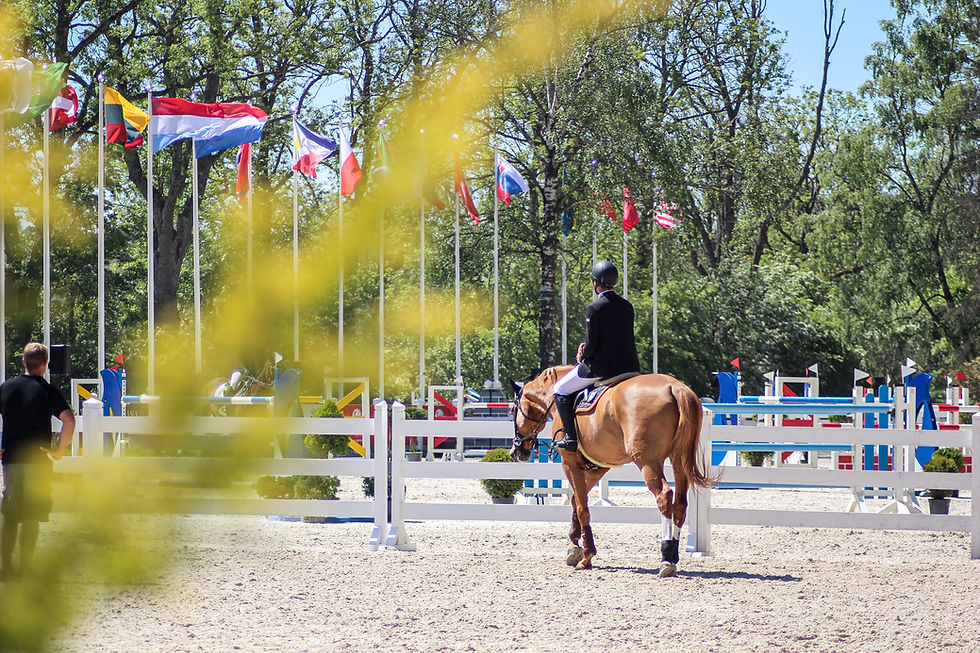In equestrian sports we don't have a nuanced language to separate the constituent qualities of our trainer. Horse shows want to call them trainers, competitive riders call them coaches, learners call them instructors or teachers. That we have multiple names for usually the same person depending on the circumstance is an indicator we need to clarify this.

We qualify our professionals on the role they're fulfilling at the time. Usually their accolades come from their success at competition and their reputation is tied to this metric. I want to shine a light on this and introduce a paradigm that can help you find the value in a professional who may have a lot of value for you even though they do not have high competitive achievements.
Keeping horse dealing out of this for now, I see a matrix of skills that each professional has, some have greater skill in some areas while lesser skill in others. All professionals are riders, trainers, teachers, and coaches.
Rider
This being the skill everyone is after. I define it as the ability to execute performance with a horse (in a given circumstance, competition or recreation). From this skill, acumen in the other skills is ascribed by the horse community sometimes without merit. Example of this skill is manifest in show champions and catch-riders.
Trainer
This is the attribute where a professional has a record of increasing the performance of the horse. This skill is the ability to bring a horse along and make it better than it was before. Some professionals excel at this even more than their competitive riding would indicate which can lead to a miss-match when this professional is over-looked for a better rider when it is the training skill a client is actually in need of.
Teacher
This is the attribute where the professional has the skill of increasing the performance of the rider. The ability to convey understanding to different students is crucial to teaching the unlearned skills a rider hopes to acquire. It is well documented that high achievers usually fail to convey what they instinctively know because they can not break down what they do. We see riders attending clinics with these champions and apart from the exciting experience, have few improvements to show for it.
Coach
This skill is measured in the execution of the rider's performance. A coach is needed where the rider still needs assistance in getting their best performance on a given day. This can be supportive administration, arranging the logistics, getting the entries into the correct level for the rider's skill, focusing the rider on what their horse needs to perform their best. Just like the correlation between rider and teacher, a coach does not need to be a skilled trainer. Their value as a professional is undeniable for a competitor whose best performance requires support.
Since a professional is in business to provide service to their customers it is unreasonable to expect them to acknowledge weakness in any area publicly, but it will help them understand what they like best about their career and either work on their weaknesses or focus on their strengths by positioning their offerings to a target customer.
For amateurs who are paying for services it is unreasonable to assume they would have the experience to discern the specific profile of a professional, however understanding the characteristics in this light may help them find better value in looking for a specific skill-set that best suits their needs.
Traditionally the horse industry in NA looks to monopolize a customer by professing acumen in all aspects of the professional's role. Using a profile tool such as this can help create a deeper understanding that leads to increased performance and enjoyment from these wonderful creatures we have the blessing to work with.

Comments